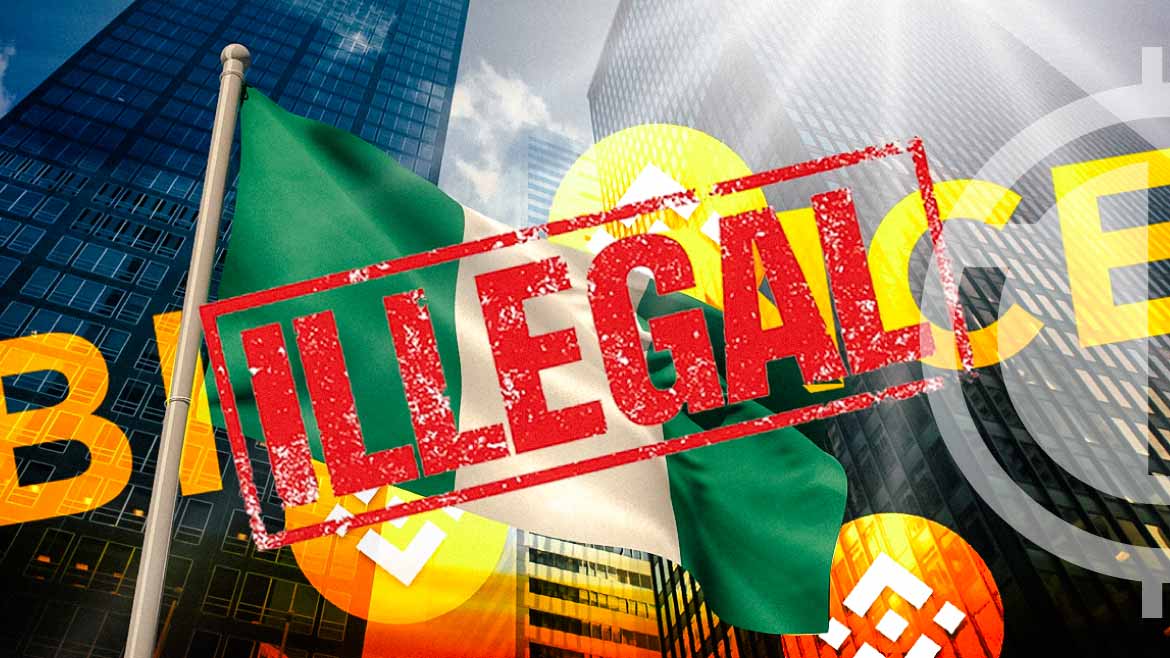The Nigerian Securities and Exchange Commission (SEC) has declared Binance, a leading cryptocurrency exchange, to operate illegally in the country. According to the SEC, Binance Nigeria Limited is not registered or regulated by the Commission, and it has been found to encourage Nigerian citizens to trade crypto assets on its unregistered platforms. As a result, the exchange now faces an immediate ban on soliciting Nigerian investors.
The SEC has warned Nigerians to refrain from engaging with Binance. This move comes as a significant blow to the exchange, which had become a market leader in Nigeria following the collapse of FTX. Binance had even discussed with the Nigerian Export Processing Zones Authority (NEPZA) last year to establish a virtual free zone focused on blockchain and the digital economy.
Ironically, the Nigerian SEC’s action comes amidst the country’s recent efforts to embrace cryptocurrency and blockchain technology. In May, the regulator announced its decision to allow the tokenization of assets such as equities, property, and debt. Furthermore, the Nigerian government formally approved blockchain technology, recognizing its innovation and economic growth potential.
In the United States, the Securities and Exchange Commission (SEC) filed a lawsuit against Binance, its CEO Changpeng Zhao, and its subsidiary Binance.US on June 5. The lawsuit accused the exchange of violating federal securities law. Following the legal action, the SEC moved to freeze assets belonging to Binance.US and issued a court summons to Zhao. In response to these developments, the Binance.US platform announced that it would transition into a “crypto-only exchange” and delist all its USD trading pairs by June 13.
In March, the U.S. Commodity Futures Trading Commission (CFTC) filed a lawsuit against Binance, alleging regulatory violations related to commodities. However, there have been limited updates on the progress of this case since then.






